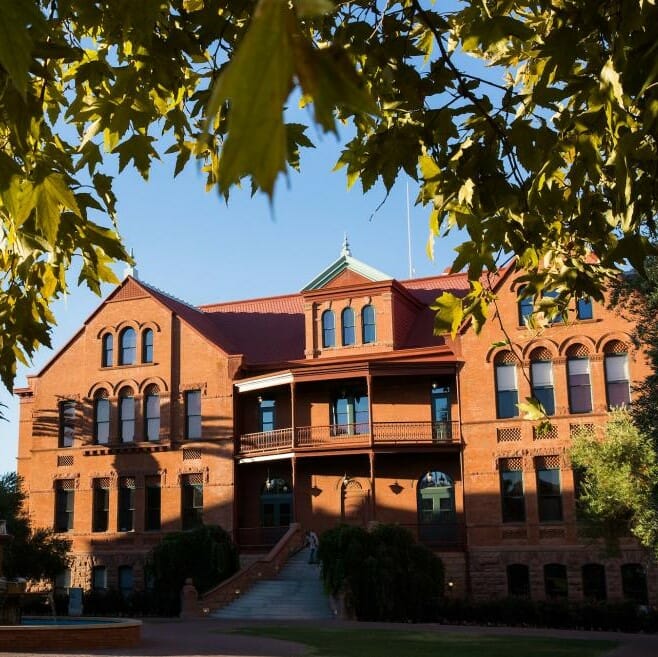
Thirteen years ago, Arizona State University made the pioneering promise to completely eliminate greenhouse gas emissions from its campus operations by the year 2025. But on June 30, 2019, the university accomplished that goal, six years ahead of schedule. This remarkable achievement—completed even as ASU’s student population ballooned—was one of many initiatives that earned the university the prestigious STARS (Sustainability Tracking, Assessment and Rating System) Platinum sustainability rating from the Association for the Advancement of Sustainability in Higher Education.
“Our goal is to make sustainability innovation and leadership a hallmark of Arizona State University,” ASU President Michael Crow said. “ASU’s ambitious choice to pursue climate neutrality and our early realization of that aspiration, as well as our success in earning a STARS platinum rating, demonstrate the comprehensive commitment of our university community to lead in sustainability education, operation and practice.”
ASU is one of only six universities in the world to achieve the platinum rating as it reduced total net emissions by 80% per 1,000 gross-square-foot of building space and 65% per student compared with 2007. The university did this as it increased building space on campuses by 39.5% and the number of on-campus students by 24.3%.
Mick Dalrymple, a senior sustainability scientist in the Julie Ann Wrigley Global Institute of Sustainability and the director of University Sustainability Practices said, “We seek to serve as both a ‘living laboratory’ and a living example of sustainability to demonstrate to our communities and the world what is possible with dedication and innovation.”